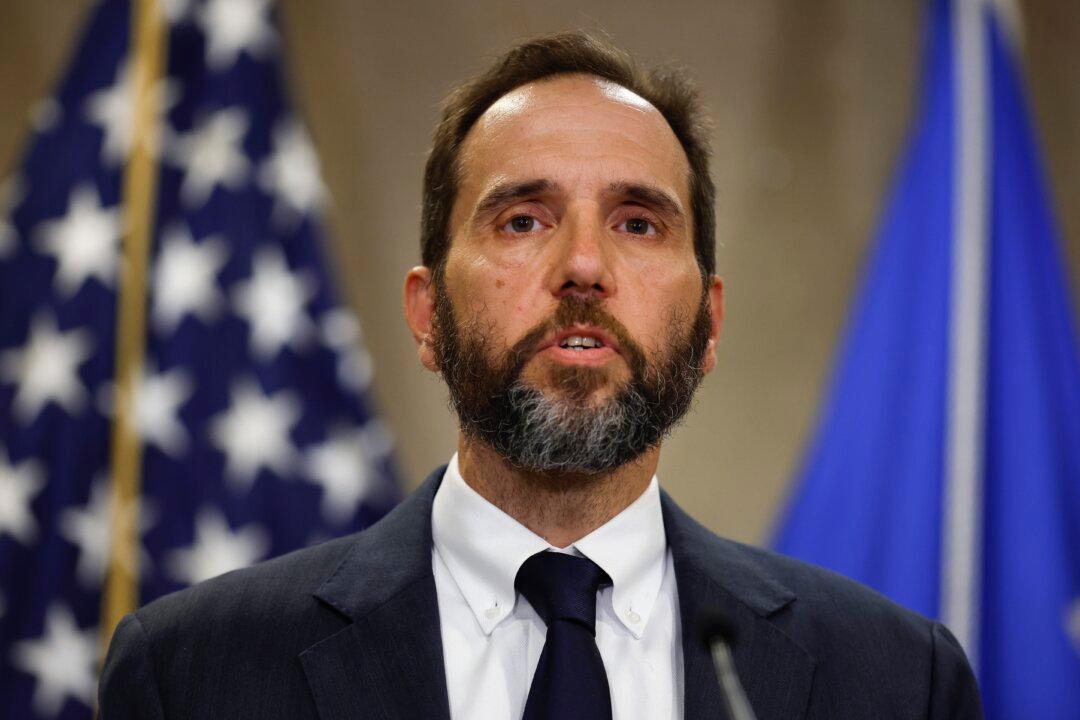Although former President Donald Trump was arraigned Tuesday and prosecutors promised a “speedy trial,” some analysts have said that it’s likely not going to be the case.
Special counsel Jack Smith indicted Trump with over three dozen charges in connection to whether he allegedly mishandled classified records. Smith, in a statement last week, said that he will opt to have a “speedy trial” for Trump, but former prosecutors have said that such cases are usually drawn-out.





